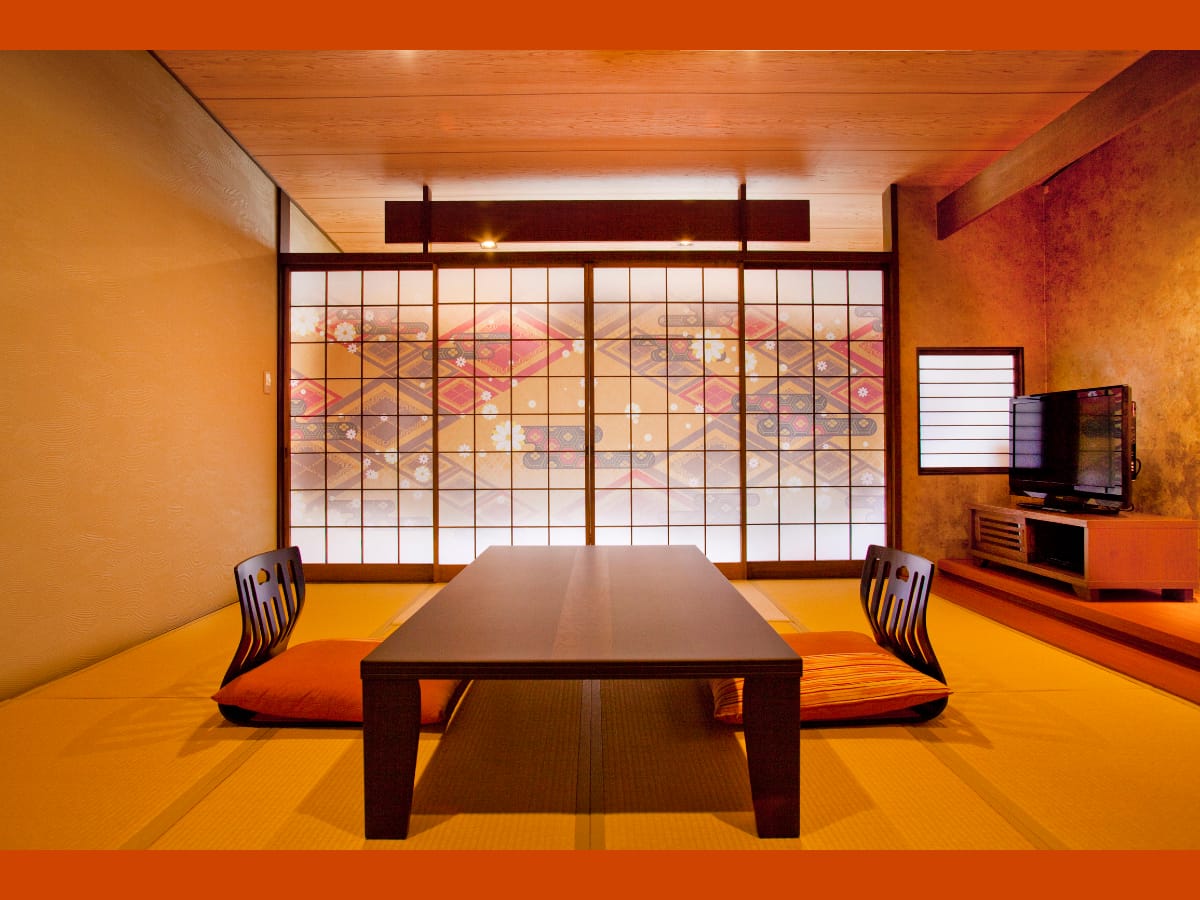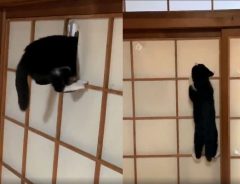
Source: © PR Times, Inc.
Japanese sliding doors given new decorative possibilities with Designers Shojigami YUMEARI
- Tags:
- fusuma / Interior design / Japanese architecture / shōji / Shoji doors / tsuitate
Related Article
-

Thatch: humble yet elegant roofing material in search of a new lease of life
-

New Sights on the Horizon: Interview with Kengo Kuma
-

The petite series from interior design shop Francfranc will help you work more comfortably
-

The Biggest Problem For Cat Lovers With Traditional Japanese Sliding Doors
-

Cat criminals caught breaking Japanese traditional sliding doors have priceless reaction
-

Hilarious photo shows why cats and Japanese paper doors are a risky combination


One of the most famous features of traditional Japanese architecture, shōji 障子 are wooden latticed frames covered in translucent washi paper or cloth, and used to partition space. They typically slide on tracks built into the floor and ceiling. Lightweight, and easily removed and stored, they allow great flexibility and relatively easy reconfiguration of space which permanent walls can't provide.
Although fusuma 襖, typically used for closet doors, are sometimes decorated with patterns or artwork, shōji are almost always free of colorful and very visible decorative elements, either presenting a solid white or off-white color (the natural color of the washi paper) or very subtle monochromatic motifs.
Designers Shojigami YUMEARI proposes to change that now with a new series of shōjigami 障子紙 shōji paper adding decorative elements that didn't exist before in traditional shōji.
© PR Times, Inc.
Up to 138 designs are available for purchase online, customized to the precise measurements you require. Moreover, even if your room doesn't have shōji tracks, you can also buy free-standing tsuitate 衝立 single-panel partitions as well as beautifully patterned lanterns for your home.
© PR Times, Inc.
Whether it's a private home, an office, hotel, a restaurant or a public facility, YUMEARI shōjigami can liven up rooms, providing new decorative possibilities. They're also recommended for photo studios to create a Japanese mood.
© PR Times, Inc.
Shōji (translucent sliding doors)
© PR Times, Inc.
© PR Times, Inc.
Prices begin at JPY 7,150 for 2 panels 500 mm in height.
Fusuma (opaque sliding doors)
© PR Times, Inc.
© PR Times, Inc.
Prices begin at JPY 7,150 for 2 panels 500 mm in height.
Tsuitate (free-standing division panel) and paper lanterns
© PR Times, Inc.
Prices are JPY 21,450 (1.5 m high) or JPY 25,740 (1.8 m high) for the paper alone and JPY 40,480 (1.5 m high) or JPY 43,780 (1.8 m high) for the complete framed set, composed of four panels attached with hinges.
© PR Times, Inc.
Prices start at JPY 13,200 for square lanterns and JPY 27,500 for cylindrical lanterns
To see the whole collection and purchase online, visit their website here.
Note: they only deliver to Japanese addresses so you'll need to use a forwarding service like Tenso or White Rabbit Express to have it delivered outside of Japan.